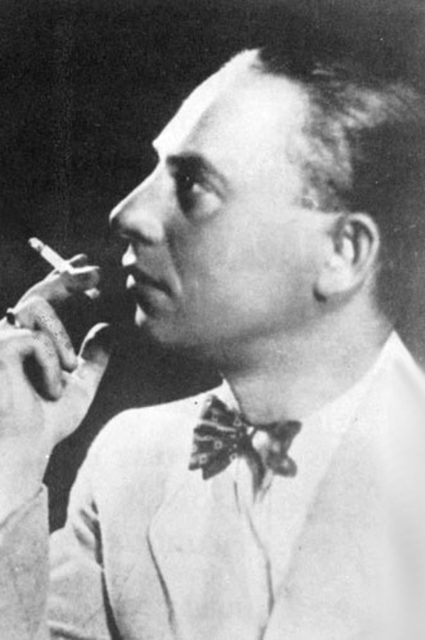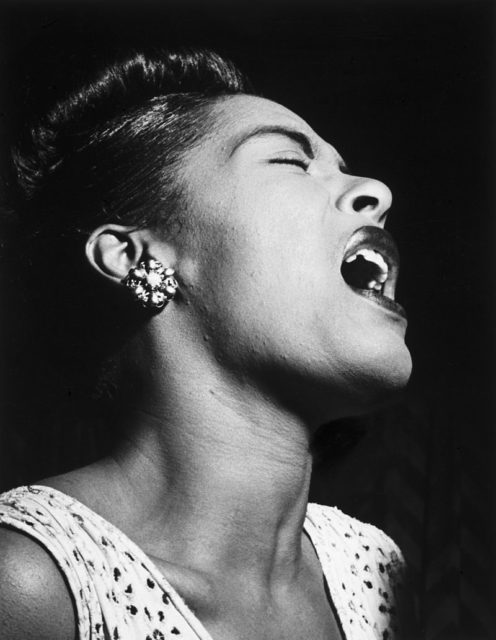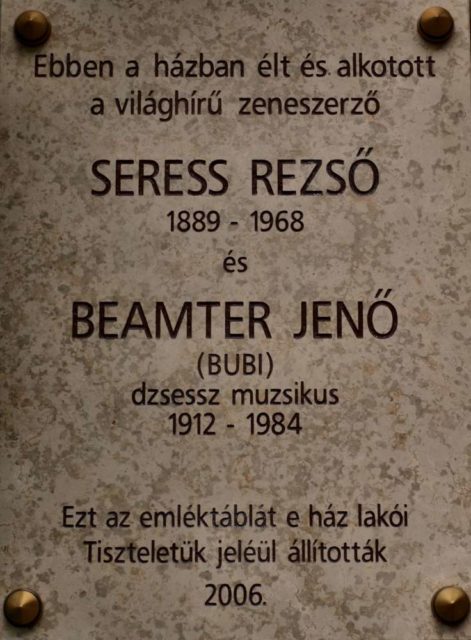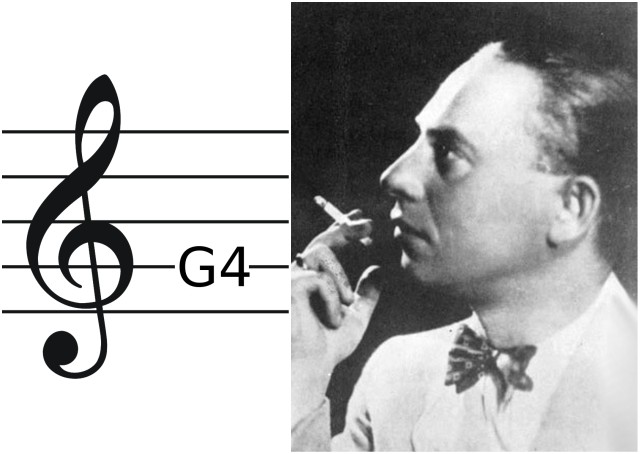The inseparable link between music and emotion has always been a crucial part of the evolution, and today most people can’t imagine their lives without music. Researchers say that listening to music can reduce stress and it can have a relaxing effect on our minds and bodies. However, this is not the case with Rezso Seress’ song ‘Vége a világnak’ (The world is ending), also known as the ‘Hungarian Suicide Song.’
It is probably one of the most depressing songs recorded, and it has been linked to over one hundred suicides. The original lyrics were about despair caused by war, but were essentially forgotten after Seress’ friend, the poet László Jávor, wrote his lyrics to this song, titled ‘Szomorú vasárnap’ (Gloomy Sunday), about a man committing suicide following his lover’s death. The combination of Jávor’s mournful lyrics and Seress’ depressing and sad music reportedly killed over 100 people.

It is said that ‘Szomorú vasárnap’ went unnoticed at the beginning but in 1935, a recorded version by Pál Kálmar was linked to massive suicides in Hungary.
Joseph Keller, a shoemaker from Budapest, Hungary, was among the first victims of the song. He killed himself in February 1936, and the investigation showed that in his suicide note he quoted some of the ‘Gloomy Sunday’ lyrics. It is said that many people drowned themselves in the Danube while holding the sheet music and several others blew their brains out after listening bands which played the song.
There were so many reports on committed suicides in Hungary after the Kálmar’s recorded version was released that the Hungarian government forbade public performances of the song. However, the fact that Hungary has a higher suicide rate (46 out of every 100,000 people commit suicide every year) makes it difficult to verify any of this.
English versions of the “Hungarian suicide song,” were released in the 1930s. Sam M. Lewis and Desmond Carter both wrote lyrics for the English version of the song, and Hal Kemp recorded Lewis’s version of the song in 1936. Here’s the second verse:
“Gloomy is Sunday, with shadows I spend it all
My heart and I have decided to end it all
Soon there’ll be candles and prayers that are sad, I know
Let them not weep, let them know that I’m glad to go
Death is no dream, for in death I’m caressing you
With the last breath of my soul, I’ll be blessing you.”


A version of the song by Billie Holiday from 1941 made the song even more popular. However, the BBC banned the song because they thought that it would have a negative effect on soldiers’ morale. They lifted the ban in 2002.
Read another story from us: 6 iconic songs & the wacko & strange stories behind
As for Rezso Seress, the deadly success of his song had left him depressed. His depression and the fact that he was never able to step out of the shadow of ‘Gloomy Sunday’ led him to commit suicide by jumping from a Budapest building in January 1968.
